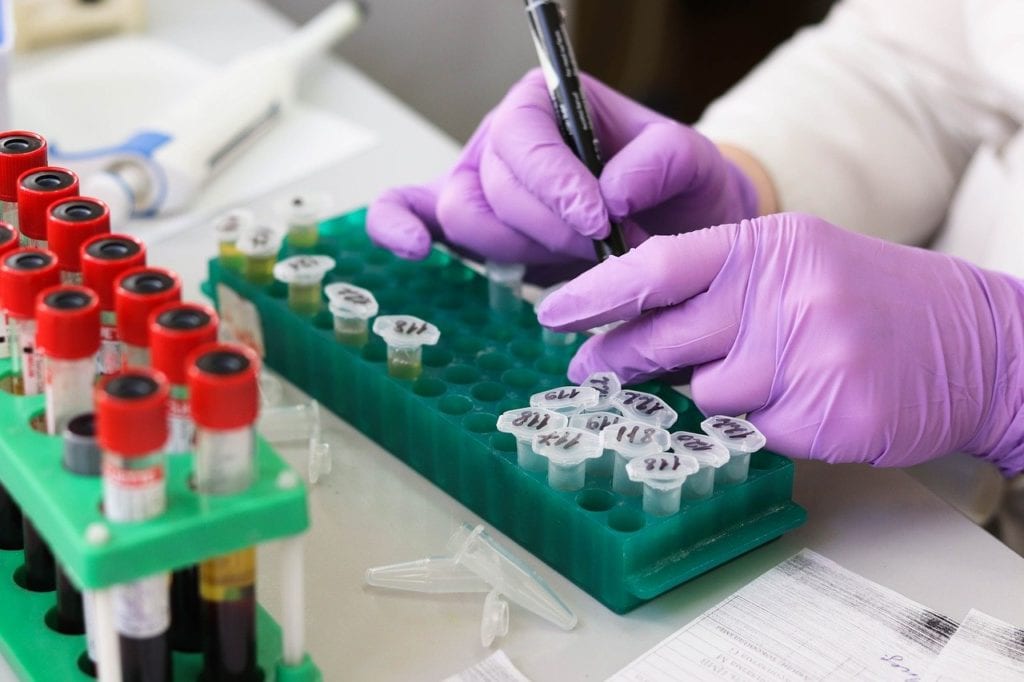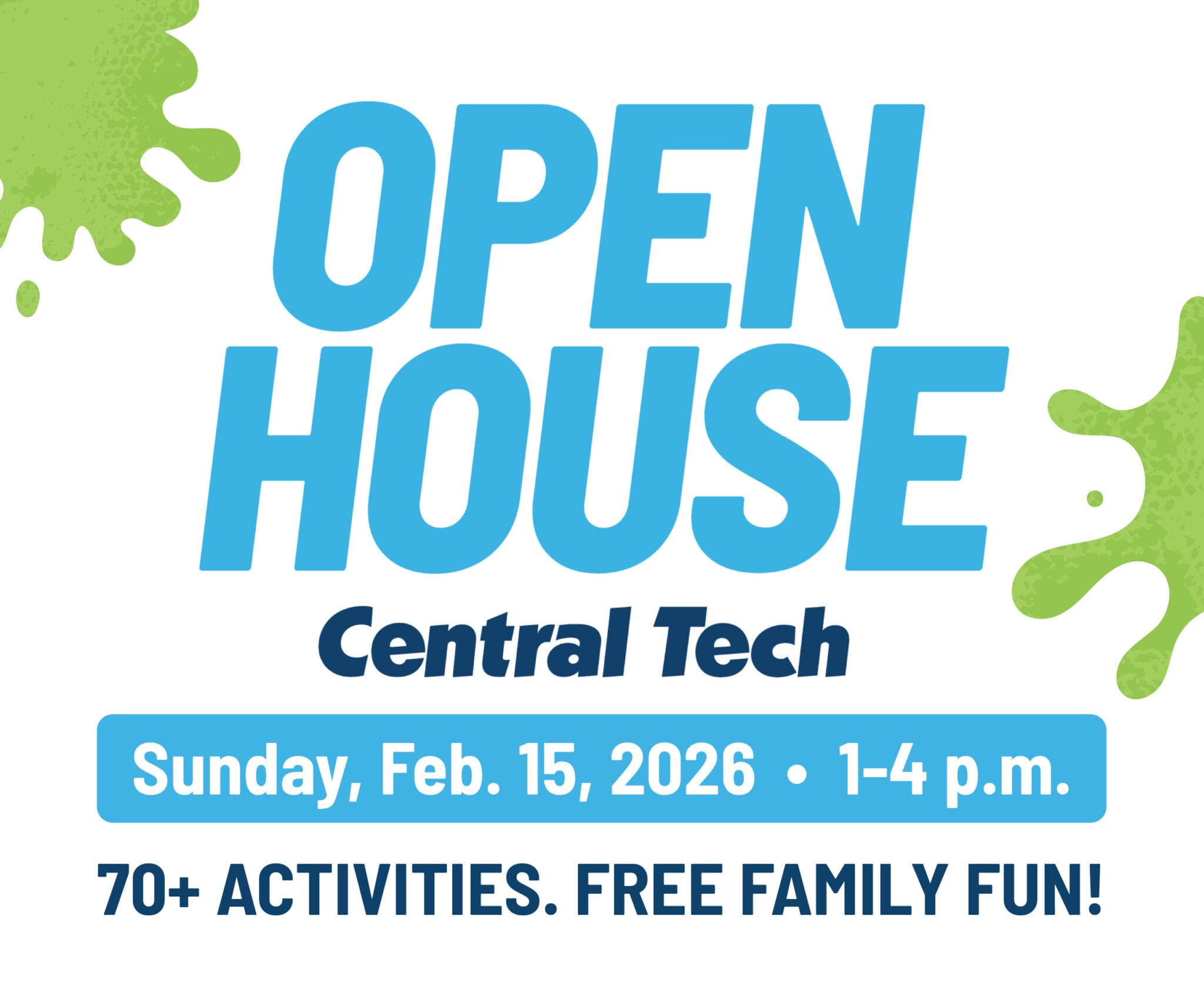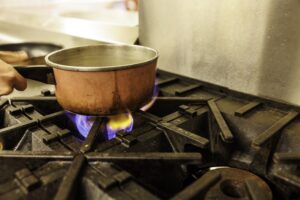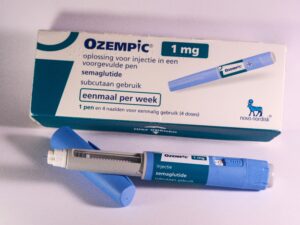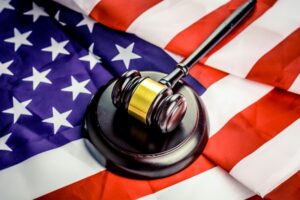The FDA has recently granted emergency clearance for a new COVID-19 test from Abbott Laboratories. This new test appears to the fastest molecular test so far. A molecular test is one in which a portion of the virus’s RNA is identified. The test yields a positive result in 5 minutes and a negative result in 13 minutes. The test can be done on the spot without sending the specimen to a laboratory.
The new Abbott ID NOW COVID-19 test uses the Abbott ID NOW diagnostics platform, which is essentially a lab-in-a-box that is approximately the size of a kitchen toaster.
According to a press release from Abbott, the ID NOW hardware “holds the largest molecular point-of-care footprint in the U.S.,” and is “widely available” across doctor’s offices, urgent care clinics, emergency rooms, and other medical facilities.
The company will begin production next week with a projected output of 50,000 tests a day. Abbott now says that it believes it will produce 5 million tests in April, split between these new rapid tests and the lab tests that received emergency use authorization for by the FDA on March 18.
Following a change made on March 16, the FDA allowed a number of private entities and labs to develop and distribute serological tests that can provide results on the spot in as little as 15 minutes. On March 31, the FDA approved a test by Bodysphere, Inc. that can detect a positive or negative result for COVID-19 in 2 minutes.
These tests, which are “serological,” identify the presence of antibodies in a person’s blood. They differ significantly from the molecular testing that is currently in use under Emergency Use Authorization (EUA) by FDA-approved labs and drive-through testing sites. The serological tests show that a person has developed antibodies to SARS-CoV-2 (novel coronavirus), which means they very likely came into contact with it, and either have it or have already recovered from having it. The molecular tests actually detect the presence of viral RNA in the bloodstream, which is a more accurate indicator of an active infection. The downside to a serological test is that it takes several days for a person to develop antibodies, therefore it is not useful at the onset of the disease.
Unlike the molecular tests, these serological tests have not reviewed or validated. In granting emergency clearance, they meet a number of criteria, including qualifying the results of their reported test results with the following information:
This test has not been reviewed by the FDA.
Negative results do not rule out SARS-CoV-2 infection, particularly in those who have been in contact with the virus. Follow-up testing with a molecular diagnostic should be considered to rule out infection in these individuals.
Results from antibody testing should not be used as the sole basis to diagnose or exclude SARS-CoV-2 infection or to inform infection status.
Positive results may be due to past or present infection with non-SARS-CoV-2 coronavirus strains, such as coronavirus HKU1, NL63, OC43, or 229E.
The FDA has specified in its Emergency use FAQ that these entities have reported their own validation of these tests. The companies that have received emergency clearance may now distribute these tests with the caveat noted above that the FDA doesn’t consider these tests used alone to be positive confirmation of a definite SARS-CoV-2 case, or conversely, a sure indicator that someone doesn’t have the virus.
As of today, the FDA still specifically prohibits the use of at-home serological tests on its official guidelines. The serological test does have the advantage to tell is someone may have recovered or, hypothetically, is immune.
Cura Telehealth and Wellness near 81st Street. in Tulsa, began offering drive-up testing on Monday. Dr. Clinton Baird said patients will have to prick their own finger to limit contact with healthcare professionals. Dr. Baird said patients must have a doctor’s referral. The test costs $60.

